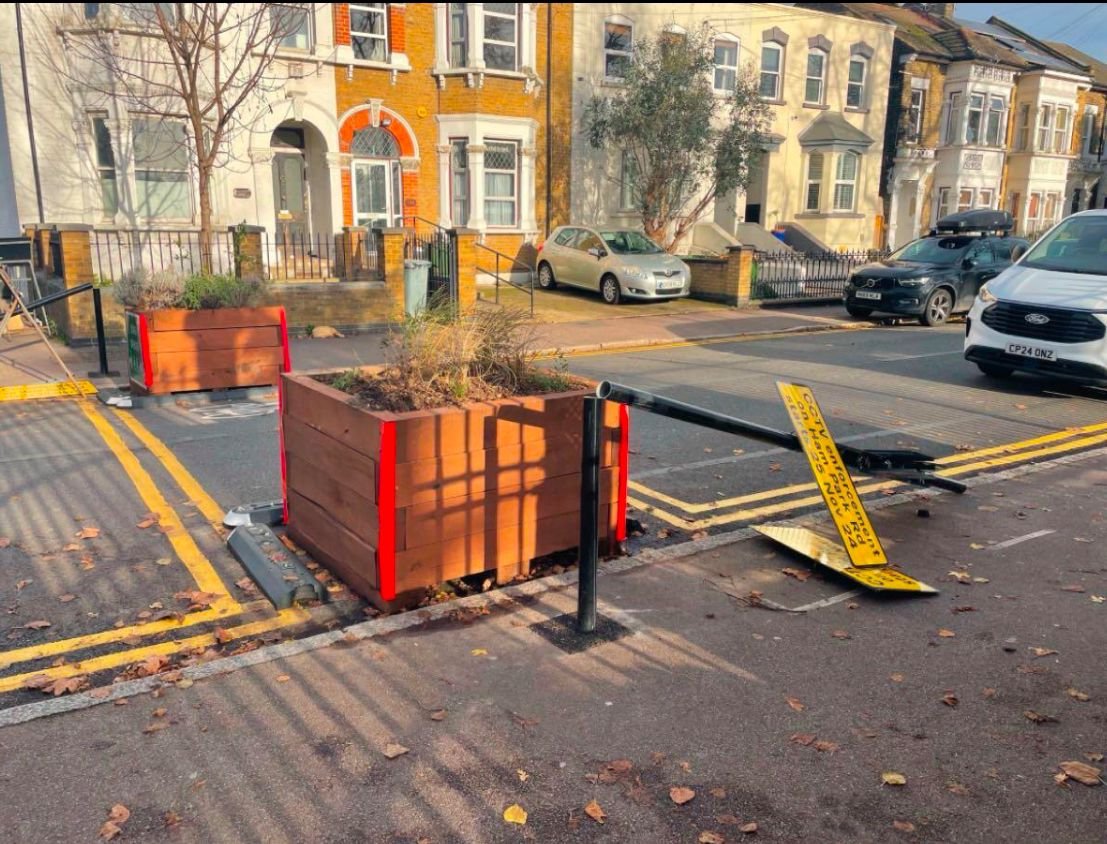Blade Runners in Newham?
Low Traffic Neighbourhoods (LTNs) are back in the news.
In London we began to see the roll out of these schemes across the capital in 2022. Local councils were encouraged to implement the first round under the threat of a loss of income.
The early impact findings suggested that there was a reduction in air pollution and marginal differences in traffic on the roads surrounding the LTN.
The rationale for LTNs is that they improve the health of the public by reducing pollution and by reducing traffic flow; accidents and therefore injuries are reduced. And whilst reduction in pollution seems plausible, no-one is bothering to measure the reduction in injuries from road traffic accidents, so we are left with assertions of their virtue.
They are also popular with (some) elected councillors. They show a way of being both caring and green at very little personal cost.
Their popularity amongst the general public is somewhat more mixed. Well established travel routes are disrupted requiring longer, roundabout journeys for both residents and deliveries. On top of this, breaching the rules of the LTN provides another nice little earner for local councils. It is clear that some residents think that the primary purpose for their introduction is not public health but to raise funds for cash strapped councils. And few councils are as cash-strapped as Newham.
And then there is the way in which they are introduced. It would be possible to meaningfully consult with residents in an area, much like the way in which residents were consulted when the first resident parking zones were introduced, giving residents the final say.
That, alas is not what Newham has chosen to do. Consultation takes time and inevitably it incurs costs. The fact that Newham choose not to do this adds weight to the cynicism of residents who see this as an income generator rather than a health promotion policy.
And now we see 'direct action' being taken against the objects of residents dissatisfaction.
This is criminal damage and we do not condone it. But it may also be the public expression of residents' frustration.
There has got to be some irony when left-wing former proponents of direct action now have to condemn it and call for police action.
Let us make a suggestion regarding the introduction of LTNs.
If there is a genuine reason for introducing an LTN, be prepared to explain it to the residents concerned. Tell them how many accidents or lives the scheme is expected to save. And then tell them how you will measure it and what you will do if the LTN does not achieve theses aims. Then let them vote on it.
This won't happen. There is no interest in The West Wing for doing this. Virtue signalling is far more important than genuinely improving the lives of residents. So until the next election, we suspect that we will see more damage to cameras and signposts and more politicians congratulating themselves on what good people they are.


